Ornstein & Hunkins Chpt 5
Pamela Joseph Chpt 2
Pamela Joseph Chpt 2
Which theorist believed education perpetuates and improves society by properly organizing learners' experiences? p. 151
Who is Dewey?
What is the term many schools are now seeking to cultivate that will help students deal with setbacks and obstacles better? p. 161
What is "Performance Character"?
Which theorist believed that teachers must see through an anthropological lens to become aware of the structures and patterns of the cultures in which they teach? pg. 23
Who is Maxine Greene?
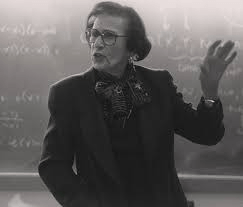
What is the term given to patterns that take a fairly predictable series of actions and thus create an emerged common understanding? pg. 25
What is "action chains"?
Which developmental theorists identified six periods in human development stating "a developmental task is a task that occurs at a certain stage or period in the life of that individual"? p. 153
Who is Robert Havighurst?
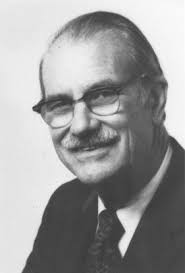
What is David Riesman's term that is an emergent character of US Society (evolving since post-World War 2) that is a product of a social and cultural climate that has come to support and encourage teamwork, group integration, and organized behavior? p. 155
What is "other-directedness"
Which theorist stated "School curricula and classroom 'climates' always reflect inarticulated cultural values as well as explicit plans" pg. 27
Who is Bruner? 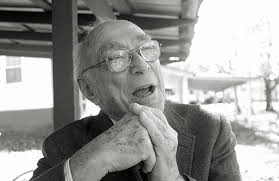
Based on the reading, what group of people caution that we usually are unaware of the culture that surrounds us because culture appears as usual life? pg. 25
Who are Anthropologists?
Which theorist sold 1.5 million copies by 1995 with his belief in three major classifications of society regarding how people think and behave: traditional, inner, and other-directed? p. 154
Who is David Riesman
Name one of Philip Phenix's five main areas of moral knowledge. p. 159
What is any of the following: 1. Human Rights 2. Ethics, Social Relationships, Economic Life, Political Life
What duo believed they should turn to analyses of the belief systems of the culture utilizing the concepts of "commonplaces of the curriculum" to understand assumptions about students and teachers? pg. 31
Who are Connelly and Clandinin? (see Jean Cladinin below)
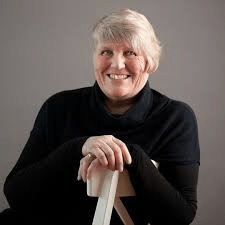
What type of investigations/research (hint we completed one in Bryds class) allow us to study curriculum not just as explicit aims or plans, but as experiences encountered by teachers and students? pg. 28
What is an Ethnography?
Who coined the term "postindustrial society" and believed knowledge becomes a form of power, and those individuals or nations with more knowledge have more power? p. 155
Who is Danial Bell?
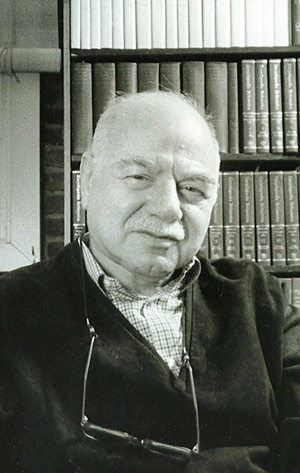
The six periods of Robert Havighurst include: Infacy and Early Childhood, ______, ________, Early Adulthood, Middle Age, and Late Maternity. What are the names of the missing periods? p. 153
What is middle childhood and adolescence?
Who believed that we can understand culture as a continuing dialogue that revolves around pivotal areas of concern in a given community?
Who is Spindler? (George and Loius)
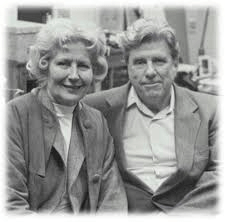
What term is used to describe the idea of stepping outside of culture to experience other cultures? pg. 26 pg. 29
What is disequilibrium?
Which theorist represented one extreme in her belief that moral issues are inappropriate in public schools because of students' diverse backgrounds and biases? p. 161
Who is Amy Gutman?

What is the term for achievement problems in reading that researchers believe is an issue? p. 162
What is "Summer Setback" ?
Who believed in philosophical inquiry as a powerful means for understanding not only "whats going on here? but what is the worth of this activity? pg. 34
Who is Michael Scriven?
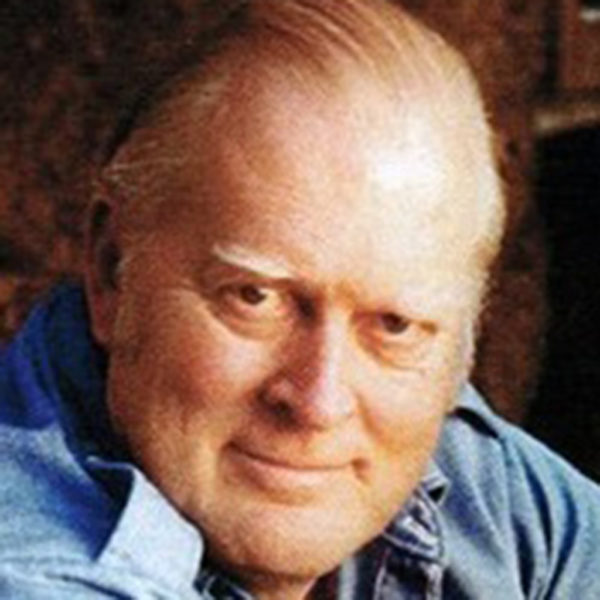
What is the term for a collection of deeply imbedded motions of learning, schooling, and teaching passed along from generation to generation?
What is folk pedagogy?